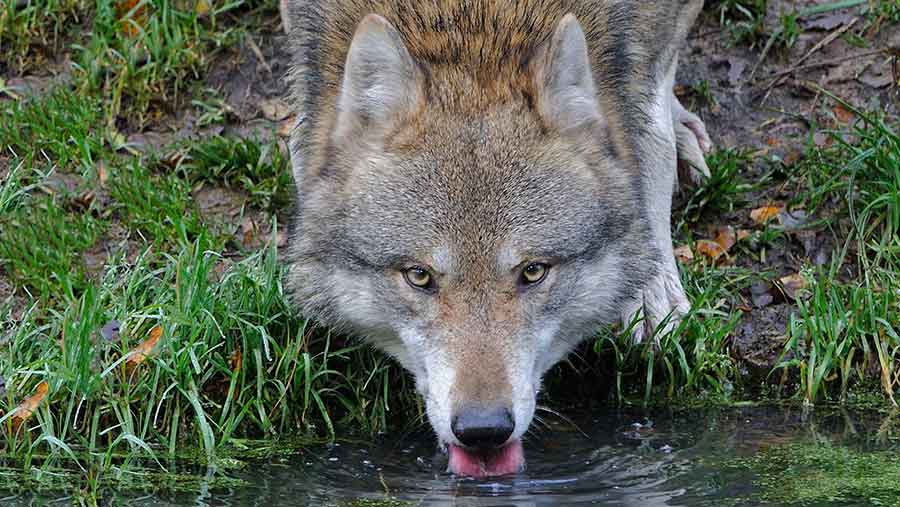Opinion: Hill farmers could end up as mere ‘museum curators’
 © Ingo Schulz / imageBROKER/REX/Shutterstock
© Ingo Schulz / imageBROKER/REX/Shutterstock We have learned a few things this summer. On the upside, my husband has reached the stage where he is able to attend a good wedding party without either agreeing to buy a racehorse or being tempted to jump into the ornamental fountain.
On the downside, the US trade deal chlorinated chicken episode has clarified the UK government’s post-Brexit plan for trade.
This has not necessarily developed to the advantage of those farmers who consider their primary purpose to be as food producers.
See also: 10 top tips for tup sale virgins
UK/US trade talks are only at a very preliminary stage but it is clear that the US will demand access to the UK market for US agriculture and the UK team have signalled that this isn’t a problem, even if it means changing UK food standards and animal health regulations to allow it.
 Elizabeth Elder and her husband Jake run sheep and cattle on 235ha in Northumberland
Elizabeth Elder and her husband Jake run sheep and cattle on 235ha in NorthumberlandSo we’re exchanging being told what to do by the EU for being told what to do by the US.
Hey Brexiters, I thought this whole thing was meant to be about sovereignty? But, I digress.
There are several aspects of a UK/US deal that may make it too unpalatable to the public and too problematic to achieve in short order.
However, the signal from the International Trade department is clear – agriculture is going to feature in trade deals and, if that means that cheap foreign imports completely undercut UK produce, that is absolutely fine.
Making compromises and concessions is part of any trade negotiation. Removing barriers to the UK food market is a concession the UK will make to get access to more lucrative sectors in other countries.
This may also help to achieve a rare short-term tangible benefit of Brexit – cheaper food.
The underlying philosophy of this policy was encapsulated in a recent piece for the Telegraph by well-known Brexiteer and MEP Daniel Hannan, entitled “Why we should all embrace depending on the rest of the world for our food”.
Mr Hannan congratulates Michael Gove on his policy of focusing subsidies on encouraging habitats and biodiversity and says the country should be prepared to pay farmers to “curate” the countryside. Curate. As in curating a museum.
It’s not that they are against food production, it’s just that they don’t see it as being particularly important and if UK food producers can’t compete with the cheapest in the world, then they should suffer the same fate as any other uneconomic business.
The inescapable logic of this policy is that hill farming will become even more reliant on whatever environmental schemes the government is prepared to fund, and the lowlands will be dominated by large agri-businesses, operating on an ever-greater scale in search of efficiencies. The UK livestock sector would be significantly reduced.
Yet, providing security of supply of food is in itself a public good and should be a key strategic concern for the security of the nation.
If you depend on other countries to produce your food, you leave yourself vulnerable to events beyond your control which may unexpectedly interrupt supplies.
These range from drought, floods, pestilence, political instability, land seizures, nuclear fallout caused by regional tinpot dictators, falling out with former allies such as Qatar and vulnerability to industrial action throughout the supply chain, including by our own dockers and cargo handlers.
It sounds like a statement of the bleeding obvious, but ensuring security of supply of food must continue to form part of public policy.
In the meantime, we in the hills may have to start preparing for our future roles as curators of an upland Britain rewilding project (the lynx and wolf division).

